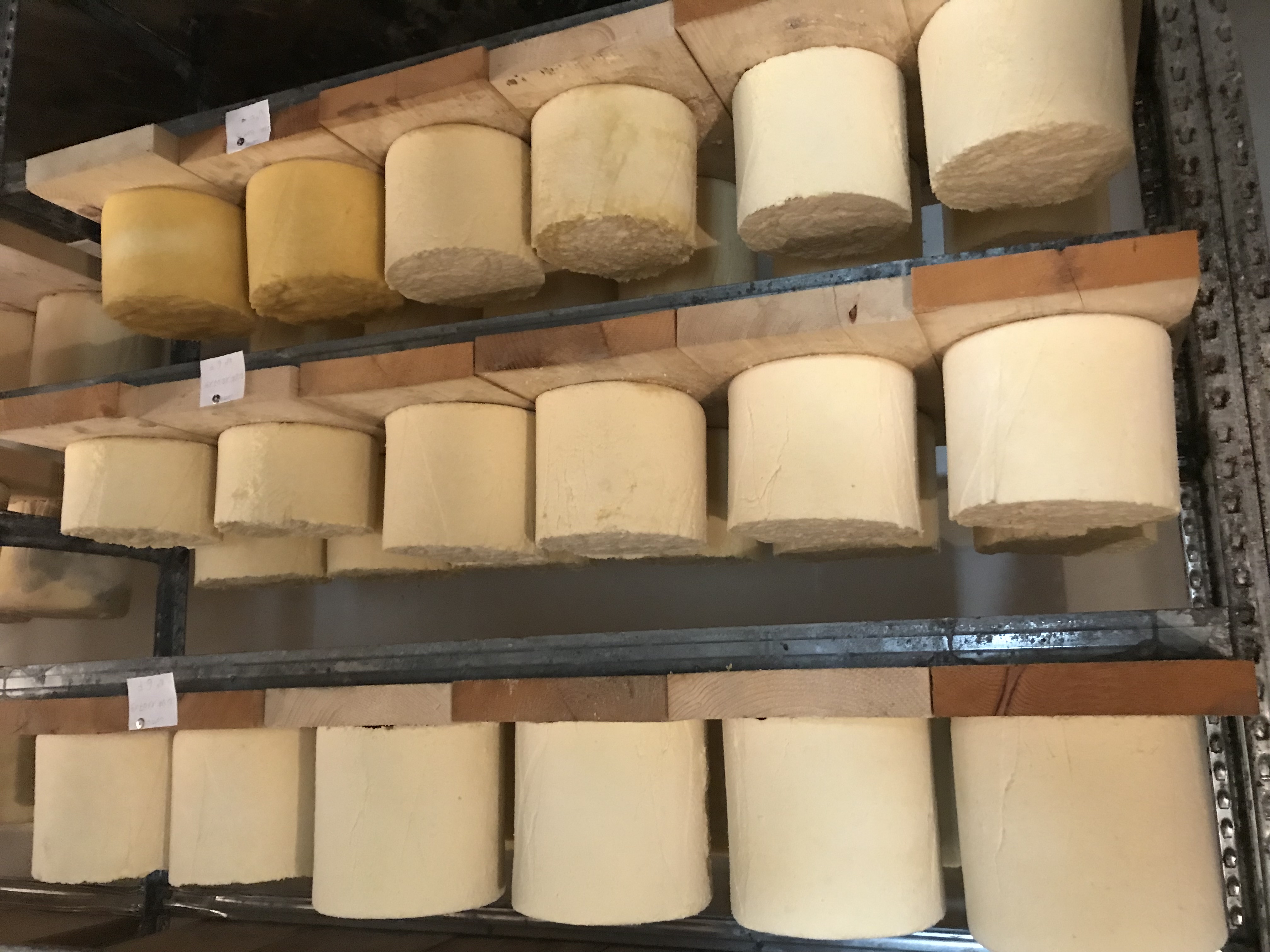The Artisan Food Law Blog


The first-ever Scottish Real Bread Festival will be held at The Bowhouse in St Monan’s, Fife, this Saturday, 25 February, organised by the award-winning local charity Scotland the Bread.
This new festival will celebrate real bread with a line-up packed with workshops, talks, hands-on activity and the awards ceremony for the Scottish Bread Championship 2023.
The European Food Safety Authority (EFSA) is the European Union’s independent scientific adviser on food safety and hygiene.
Against the background of a rise in the popularity of eating well-aged meats, EFSA has recently published a scientific opinion on the safety of ageing meat and concluded that meat aged under controlled conditions poses no additional risk compared to fresh meat.
Many may have recently noticed reports of a speech made by Susan Jebb, Professor of Diet and Population Health at the University of Oxford and boss at the Food Standards Agency.
The bit that caught the headlines was the claim that bringing cake into the office is as harmful as subjecting your colleagues to passive smoking.
The Retained EU Law (Revocation and Reform) Bill currently before Parliament is due to have its report stage and third reading on a date yet to be announced.
The Bill will impose a sunset clause on retained EU law with the effect that it will cease to exist after 31 December 2023. If this is not to happen domestic legislation will need to be put in place, but the scale of this task, there are at least 2,417 pieces of retained EU law, in the time available makes this exceedingly difficult, if not impossible, to achieve.
Genuine sourdough bread comprises only three ingredients: flour, salt and water. Sourdough is not a trend or bandwagon to jump on, but the oldest traditional way of leavening dough, combining flour, salt and water to make delicious bread.
The Association of Bakery Ingredient Manufacturers, Federation of Bakers, Craft Bakers Association, The British Sandwich and Food To Go Association and Pizza, Pasta and Italian Food Association have come together and presented Defra with a proposed ‘UK Baking Industry Code of Practice for the Labelling of Sourdough Bread and Rolls’.
The purported aim of the Code is to “clarify the term and prevent misinformation when it is applied to products in the UK bakery market”. The reality, however, is quite different and represents a sourfaux or pseudough charter.
The number of dairy farms producing raw drinking milk for direct sale to consumers has grown from 114 in 2017 t0 166, a rise of 46% over the last two years.
It is against this background that the Raw Milk Producers Association (RMPA) was launched on 4 March by a group of dairy farmers currently producing and selling raw drinking milk direct to consumers. The Food Standards Agency (FSA) has for some time planned to tighten controls over the sale of raw drinking milk which makes this a timely collaboration between producers who, working with the FSA, can ensure any new controls are reasonable and proportionate.
Among the Government’s latest no-deal technical notices published on 24 September is a short one on Producing food products protected by a ‘geographical indication’ if there’s no Brexit deal. It claims to set out the future in a no-deal scenario for those foods now protected by a geographical indication (GI), those now aspiring for protection and what may come to pass in the long term.
In the UK, food products bearing a 'protected food name' are on average sold at a significant premium to the price of otherwise comparable food. Protecting the authenticity and value of traditional foods is crucial if we are to sell the UK as a source of delicious and high-quality food, rooted in good food stories, traditional skills and history. Yet descriptions that protect both value and values are at risk from changes to our food rules consequent on the EU Withdrawal (Repeal) Bill and new international trade deals.